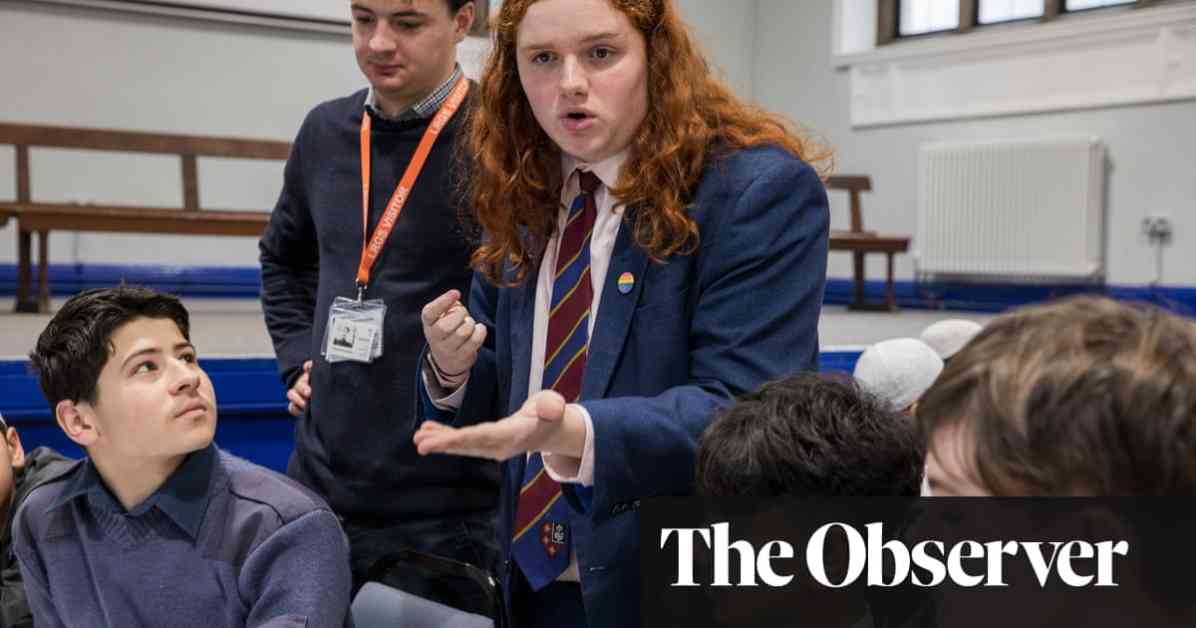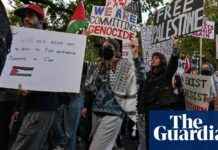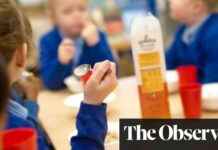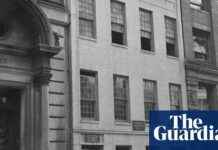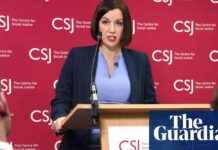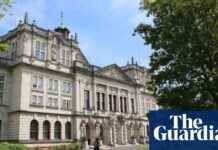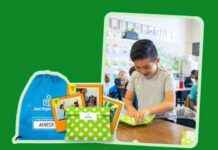Transforming Education in Israel-Palestine: A Radical Project Opening a New World
It was a typical day in Lancaster Royal Grammar School, but something extraordinary was happening inside the hall. About 50 students, aged 13 to 18, from the selective Lancashire state school and an Islamic school were coming together to explore and debate the key elements of the Israel-Palestine conflict.
The session was organized by Parallel Histories, an educational charity that aims to tackle contentious histories head-on. As part of the 2024 Guardian and Observer appeal, Parallel Histories is one of the three charities raising money to make a difference in the world.
The Power of Parallel Histories
The Parallel Histories method, developed by the late LRGS history teacher Michael Davies, encourages children to confront competing narratives by examining source evidence and debating alternative interpretations. Students are taught not to shy away from complexity but to embrace it, laying out different perspectives side by side and forming their own opinions.
This approach allows students like Layla, 18, to break free from the confines of traditional history lessons. She shared her experience of transitioning from a school that avoided contested histories to discovering a new world of possibilities through Parallel Histories.
Challenging Perspectives
During the session, students were split into groups representing either the Israeli or Palestinian perspective on historical events. They used primary sources to construct their arguments and then switched sides to counter each other’s claims.
Zain, a student who was initially pro-Palestine, found value in engaging with the Israeli perspective. He highlighted the importance of understanding different viewpoints to foster empathy and bridge divides.
Creating Empathy and Understanding
Emma, another participant, emphasized how the session helped her see the nuances of the conflict and gain empathy for both sides. She recognized that the world is not black and white, and learning about complex historical events can deepen understanding and promote peace.
Hassaan, a 14-year-old student, stressed the importance of teaching Israel-Palestine in schools, especially in light of the ongoing conflicts that dominate the news. By delving into historical events like the Balfour declaration, students can grasp how seemingly small actions can escalate into significant conflicts.
Building Bridges through Education
Al-Yasa, an LRGS old boy turned history teacher at an Islamic boys’ school, underscored the significance of discussing contentious topics in a safe and controlled environment like school. He believed that programs like Parallel Histories are crucial for cultivating critical thinking and preventing extremism.
As Parallel Histories aims to expand its reach to more schools, the impact of its methodology becomes increasingly vital. With societal divisions deepening, the ability to understand and empathize with different perspectives is essential for fostering social cohesion and bridging divides.
In a world where echo chambers and polarization are the norm, initiatives like Parallel Histories offer a beacon of hope for building a more understanding and compassionate future. Through education and dialogue, young people can learn to navigate complex issues and engage with diverse viewpoints, ultimately contributing to a more harmonious society.

